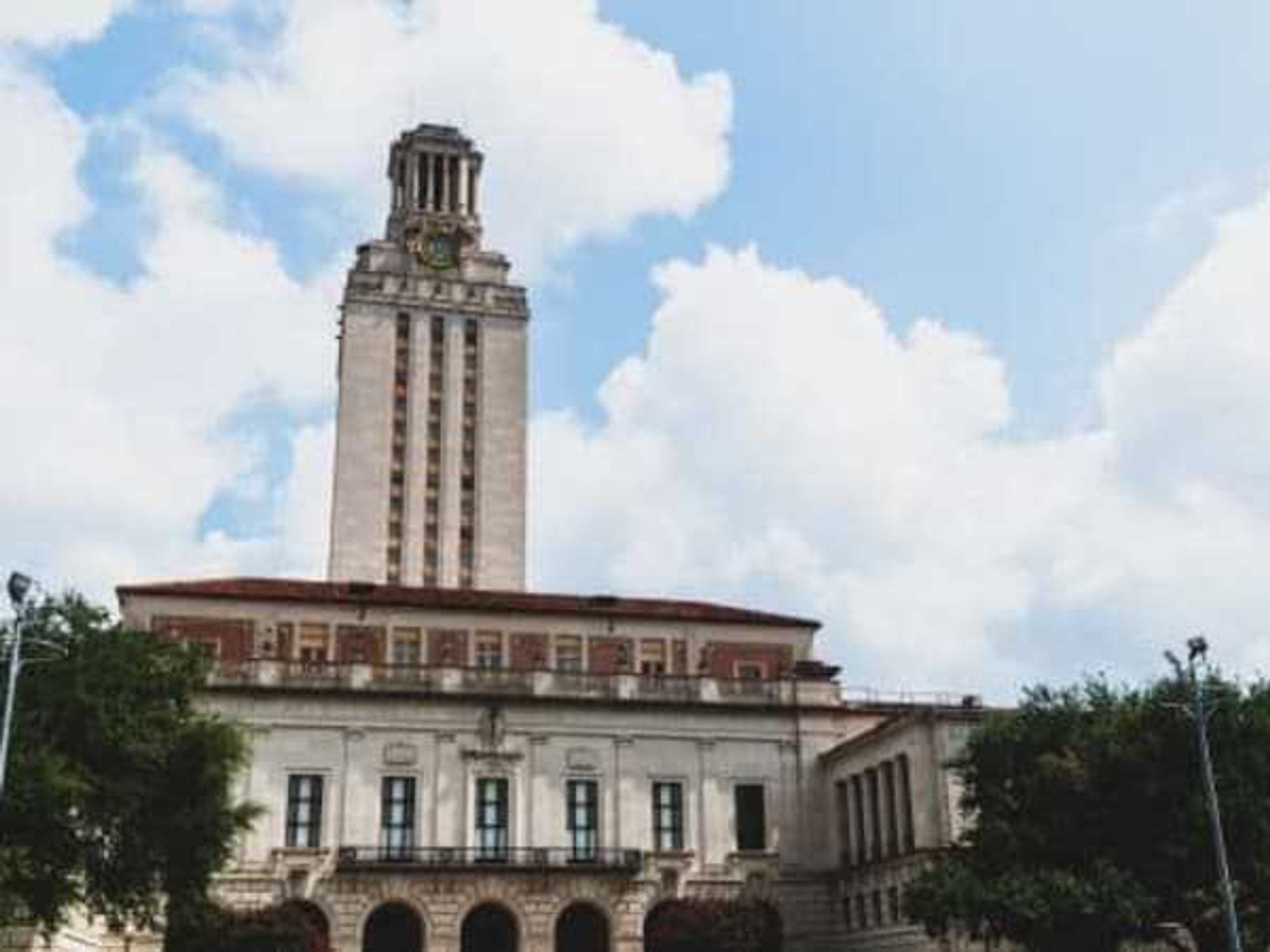The Future of SXSW
City reveals SXSW survey results, but stumbles over what to do next
On Wednesday evening, the City of Austin revealed the results of its first-ever public opinion survey regarding SXSW. But it's not the opinions of the respondents that are causing stir — it's the City's plan of action (or lack thereof).
The survey, which covered a variety of general topics, including limiting festival events to one area of downtown and decreasing the number of special event permits issued per festival, was taken by just 850 individuals over a 14-day period in April.
Some of the findings aren't very surprising. For instance, the majority of respondents don't think the City should work with TABC on limiting the number of hours that alcohol is served at events during SXSW. This isn't a shocking figure when you consider that 45 percent also said they attend the festival for the free food, swag and alcohol. (Forty-four percent attend for discovery.)
If Wednesday's meeting revealed anything, it's that little headway has been made thus far.
And some of the findings are just unclear. Regarding event security, 56 percent said it was sufficient, while 23 percent said it was inadequate, and 21 percent remained unsure. When it comes to street closures during the festival, 43 percent said they were sufficient, while 32 percent maintained that more street closures were needed.
So what has the City gleaned from this survey? That part is relatively... unknown. Just listen to this sound bite from KUT's coverage of the meeting to hear the awkward pauses for yourself.
When Jimmy Stewart, owner of Do512, asked the panel about what priorities surfaced from the survey results, he was met with silence, followed by a couple of vague response. "I don’t know," replied Bill Manno, corporate special events program manager for the City of Austin. "Not really anything specific," chimed in Don Pitts, music program manager for the City of Austin. "We’re all going to get Webster’s dictionary and look at the definition of 'No.'"
"Mostly [the meeting] was just Mr. Manno delivering the results of the survey, with some audience commentary on the survey data and on the validity of the questions themselves," Stewart tells CultureMap. "Not much was discussed as to what this data means and how it may translate to recommendations for City Council."
This public survey is the first step of a larger 90-day review of SXSW being led by City Manager Marc Ott, an initiative that was approved just two weeks after the March 13 tragedy that marred this year's festival. Since then, SXSW and the City of Austin have been under constant scrutiny surrounding public safety, transportation and the viability of such a large event.
"As these conversations are happening, I want to make sure that the the 'unofficial' events, organizers and music fans who are doing things the right way ... don't become the scapegoat for all the traffic/capacity/safety issues that arise during SXSW week," Stewart says. "We share the same goal as the City and SXSW in that we want to keep these events safe and fun, and we recognize the need for problems to be addressed, and some changes to be made."
If Wednesday's meeting revealed anything, it's that little headway has been made thus far. "A lot more conversations need to happen before any specific recommendations are made to the City," Stewart says.
In June, Ott will share his findings with the City Council, an evaluation that should cover everything from event sprawl to traffic management. For now, industry insiders and locals wait with bated breath to see if those recommendations do more than skim the surface of public opinion.
